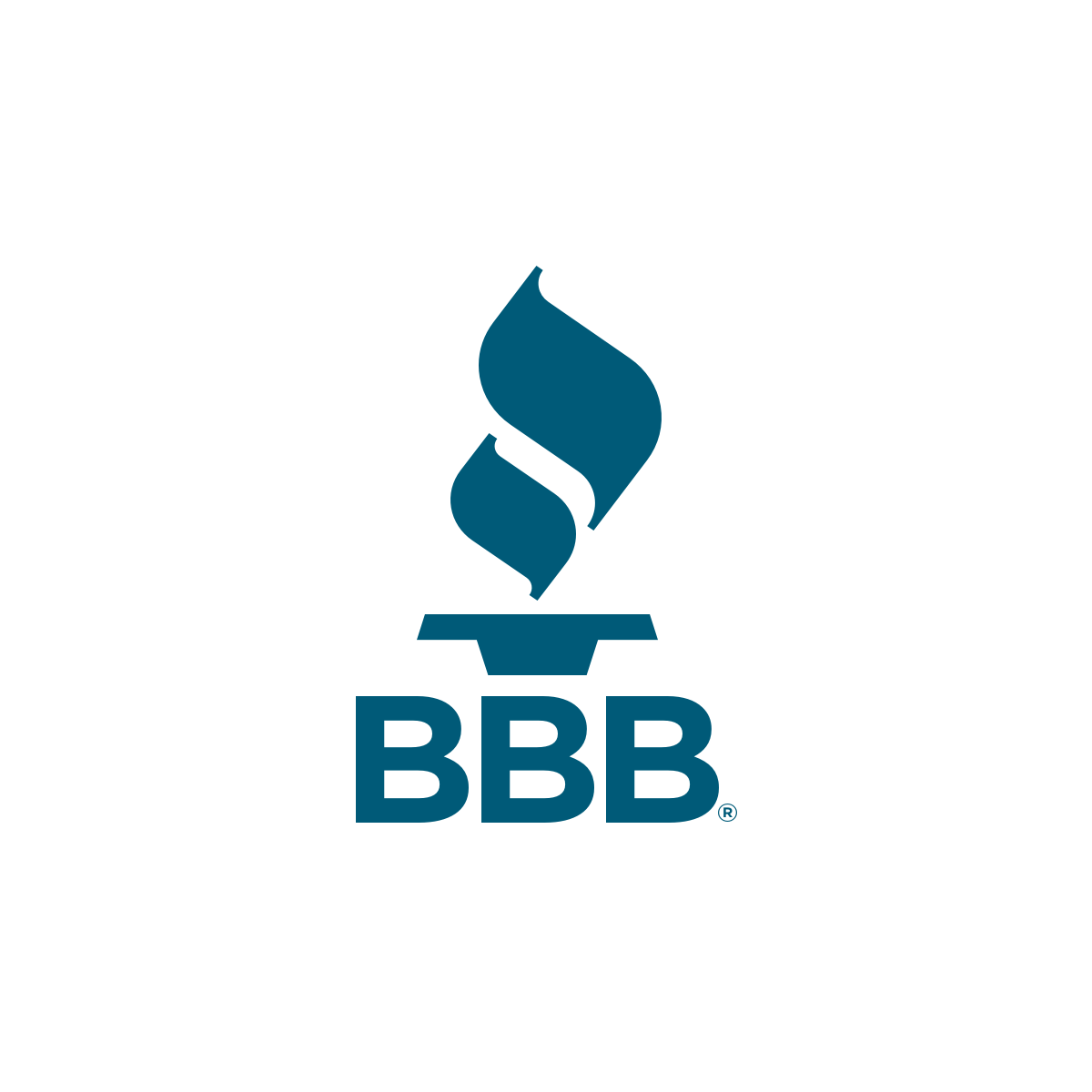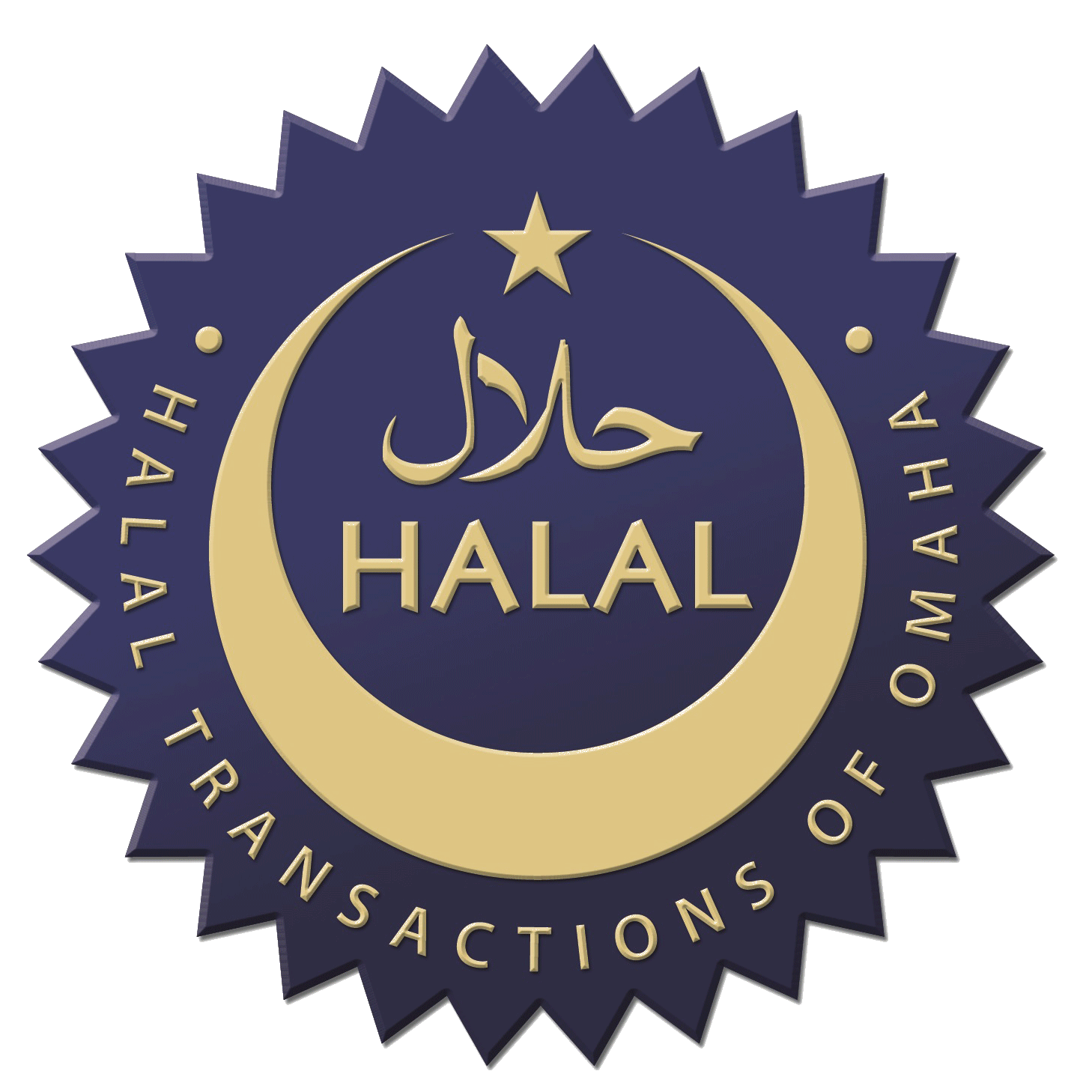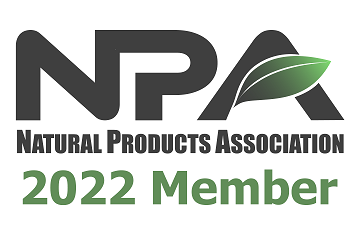Nine states in the US have passed laws regulating the labeling and or sale of Halal food. What are these laws and how do they affect the production, distribution, and sale of Halal food? How do they protect Muslim consumers? HTO has compiled this list to help you stay informed.
Find a summary of state Halal laws below. Click the state for a link to more information.
Expert analysis of the latest Halal news
It is illegal to sell non-Halal products as Halal. It also mandates that Halal restaurants indicate if they also serve food which is not Halal. Passed in 2002.
A business which offers both Halal and non-Halal items must clearly label the items accordingly. It is illegal to sell food as Halal which the seller knows is not Halal or which the seller did not adequately ensure was Halal, however, the seller is not responsible for non-Halal items being sold as Halal if the seller was deceived into believing those items were Halal by the producer, manufacturer, etc.
Additionally it is a misdemeanor to: mislead a person to believe a non-Halal food product is Halal, remove or destroy identifying documents or markers on Halal food unless that food is to be sold as non-Halal, resell food as Halal with fraudulent labels and falsely label food as Halal, sell Halal items as Halal in the same location as non-Halal items without clearly posting that the establishment sells both Halal and non-Halal items, sell an item as Halal which has not been marked as Halal by the producer, and allow for cross contamination between Halal goods for sale and non-Halal goods.
An establishment selling Halal food must clearly display a “disclosure statement”. If the establishment sells Halal and non-Halal items it must clearly display a sign stating such. It is illegal to falsely represent non-Halal food for sale as Halal. An establishment which advertises itself as “Halal Only” but also offers for sale non-Halal food is considered fraudulent.
In Michigan it is a misdemeanor to: falsely label non-Halal food as Halal, sell non-Halal and Halal food in the same location without clearly labelling the two, and possess non-Halal items in an establishment which claims to sell only Halal items.
It is illegal to package, label, and sell food as Halal which has not been “prepared and maintained in accordance to the laws and customs of the Islamic religion”. It is similarly illegal to sell food as Halal which is not marked with the original identifying Halal label.
New Jersey, one of the first states to enact Halal laws, has some of the most stringent. In addition to penalizing the false labelling and sale of non-Halal as Halal, those establishments selling Halal food must “post information setting forth the procedures they follow in their purchase, handling, and preparation of the Halal food”. Fraudulently selling non-Halal as Halal results in a fine of $10,000 for first time offenders and $20,000 thereafter.
Manufacturers, producers, and packers of Halal food must register with the state and identify their certifying organization. Establishments selling Halal food, including food carts, must display their Halal certificate in a prominent location. Companies selling Halal and non-Halal items must clearly display a sign that reads non-Halal and Halal items are sold in that location.
It is illegal to sell food as Halal which the seller knows is not Halal or which the seller did not adequately ensure was Halal. Companies selling Halal and non-Halal items must clearly display a sign that reads non-Halal and Halal items are sold at that establishment.
In Virginia it is illegal to sell food as Halal without indicating the certifier of the product.
This blog post is merely a summary of Halal laws in the US and is not an exhaustive list of the various components of the laws or their implications. It should not be taken as legal advice.




Comments are closed